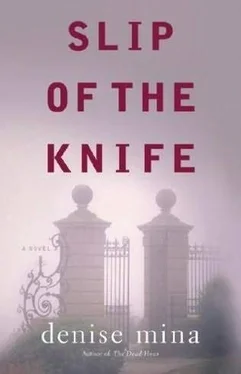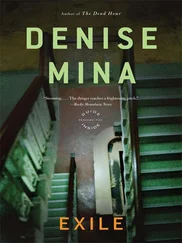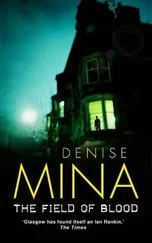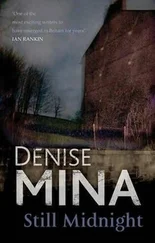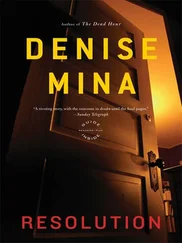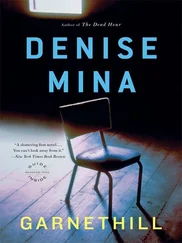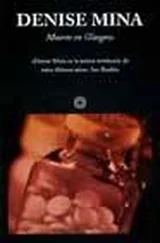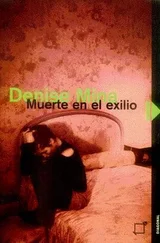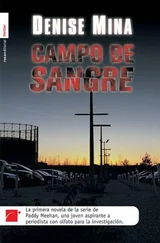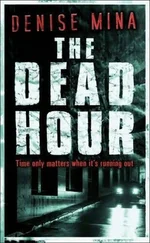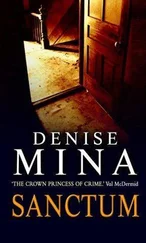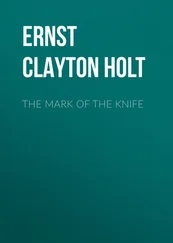Pete nodded sadly.
“You treat him like a baby.”
“He’s only just nearly six.” Paddy brushed his hair back from his face and kissed him. “He’s a big boy but even big boys are still babies to their mums.” She held his chin and smiled as warmly as she could. “You can change your coat, can’t ye, darlin’? And have a nice night with your daddy. He’ll take ye to school tomorrow and I’ll pick ye up after.”
Pete looked longingly over her shoulder to his bedroom as Burns muttered “fucksake” to himself.
Paddy stood with her nose touching the cold window, looking down to the big black Merc parked next to the private central garden. The perfectly waxed boot glinted yellow sunlight as Burns dropped the overnight bag in and shut it. Sandra folded herself into the front passenger seat and Burns opened a back door for Pete, watching as he clambered in on all fours. He slammed it shut with a great sweep of his arm, took a step towards the driver’s door, and stopped. He checked across the roof of the car to see if the wife was out of sight, which she was, then he looked up to the window, at Paddy.
He flashed her a flirtatious smile. She didn’t respond. He smiled again and, using his thumb and pinkie finger, made a telephone gesture to his ear. Paddy paused for effect and then made a slow, laborious wanking gesture back.
Burns stood on the pavement and laughed his arse off.
Had it not been sunny, the lane would have looked like a film set for a Jack the Ripper movie: cobbled street, a high brick warehouse with tiny barred windows on one side, a huge black wooden shed and, plonked between industrial giants, a pretty Georgian merchant’s house with a hand-painted wooden sign outside: BABBITY BOWSTER.
A Babbity Bowster, Paddy had been informed, was always the last dance played at a ceilidh. It was a partners’ dance, designed specifically for courting couples to stake a claim in each other at the end of an evening. The name of the pub couldn’t have been more apt, given the manner in which the press used it.
Babbity’s was the favored hangout for most of the names and senior management in the Scottish press. It was close to the News offices and the Press Bar, a homeland for newspapermen all over the city, but Babbity’s was expensive, which stopped the grunts from coming in. The usual characters who hung around in journalists’ bars were filtered out by the prices too: petty thieves and city gossips were left behind in the old place. Here the familiars were all high-ranking city officials, politicians and businessmen, beguiled by the shabby glamour of the press. Upstairs in the restaurant deals were done, high-paying columns doled out, talent poached and arguments resolved over the scattered remains of the cheese board.
Designed by Robert Adam, the merchant’s house had three perfectly proportioned stories topped with a jaunty pediment and a doorway framed by flattened Doric columns. It had languished in the city center for two hundred years, served as a storehouse, a fishmonger’s, and finally lain empty for twenty years until an enterprising French hotelier renovated it. Inside, the decor was understated Scottish bothy, no tartan or glassy-eyed stag heads but whitewashed plaster, slate floors and black-framed photos of crofters and forgotten fishermen. The bar had a vast malt whiskey selection and took pride in its Scottish beer. The restaurant menu offered herring in oatmeal, old-fashioned cuts of ham and beef, and the sort of seafood that Scotland usually exported straight to France or Spain. A Scottish hotelier would have done it up as a French restaurant.
The early drinkers were in, stoically working their way through the late Sunday afternoon, alone or in twos, keeping company for the necessity of hiding their lonely look. The smell of warm ham and leeks hung softly in the smoky air.
Paddy felt their eyes on her as she clattered across the slate floor, her high heels announcing her arrival as effectively as gunfire. Merki waved to her from a corner, his black hair looking almost impossibly greasy today. She waved back and heard a voice from the bar:
“’S that bitch doing here?”
She turned back, found the voice coming from a long strip of bitterness hunched over a pint of stout. “Evening, Keck.”
Keck sat up and sipped his drink at her, not deigning to answer. Time had not been kind to him: his face looked like a coin purse that had been kicking around an octogenarian’s handbag since the end of the war. They stared at each other until he turned away. Keck was a sports writer, a good sports writer, and would have done better if he hadn’t been handicapped by his personality. Whenever anyone got the chance they made him redundant. He had a long, clear stretch of bar for four feet on either side.
Paddy looked at the back of his neck, hesitating, thinking she should have gone over and commiserated with him about Terry: they had all been young together and should have been friends. But Keck would know Terry was dead already; it had been in every paper and on the TV news.
It was then that she saw another pair of eyes, not looking directly at her but watching in the mirror behind the bar, angry, fearful eyes, narrowed and peering at her between the optics. Detective Chief Superintendent Alec Knox knew her and she knew him: a sallow-skinned man who took bribes from gangsters, initiated and pulled investigations to suit his own purposes. She’d been watching him for years, knew he was dangerous, but could never get a shred of evidence on him. The police officers below him were too cowed, he’d avoided crossing other journalists, and no editor would back her investigations. Knox never did anything headline worthy: no ostentatious displays of wealth or attending boxing matches with cigar-smoking hit men. In desperation she even tried disseminating rumors about him through Press Bar gossip, but for some reason it didn’t take.
She stepped around the corner to look him in the eye. Knox was sitting with a leader writer from the Scotsman, an ex-academic evangelist for devolution. Knox’s eyes widened as she looked back at him. He was glad she had seen him, knew he was connected to important people.
She nodded at him. “Knox.”
“Meehan,” he said but Paddy had turned away, climbing the stairs, hearing the leader writer quizzing Knox about where he knew Paddy Meehan from.
The restaurant was even emptier than the bar but smokier. A non-press couple were in for a nice meal, their eyes locked on each other. Nearby, in front of the curtained wall leading to the offices upstairs, was a table of four Rottweilers in suits. Known as the SS, they were reporters for the Scottish Standard. By the back wall, three pals from the Daily Mail were smoking, drooping over their dinners after a day-long binge. It was quiet but there were enough people to see her there and put the word out. As soon as Keck heard she was meeting George McVie, the story was as good as delivered back to the Daily News.
A lithe young waitress saw her standing at the empty reception desk and walked over, stepping on her tiptoes like a dancer. The Standard reporters laughed loudly behind her and she flinched. New girl, Paddy guessed, first shift. She was in for a night of it. She led Paddy to a table for two over by a window and brought her a glass of water.
The Standard table was warming up, looking around at the other tables for someone to fight with. They were a new gang; the Standard’s London management had noticed that the Scots had a ravenous appetite for newspapers and revamped the Scottish edition of the paper, putting in more local stories and adding “Scottish” to the title. They recruited the two biggest arseholes in the Scottish trade to run it: Jinksie and Macintosh had worked at the News and Express respectively. Neither had shone and no one quite understood why they’d been given the top jobs. The Standard managers had seen something in both men that everyone else had missed: they were petty to the verge of obsession. No personal foible was too unimportant to be printed, no story too distasteful, no individual too tragic to be exploited. Sales soared.
Читать дальше
